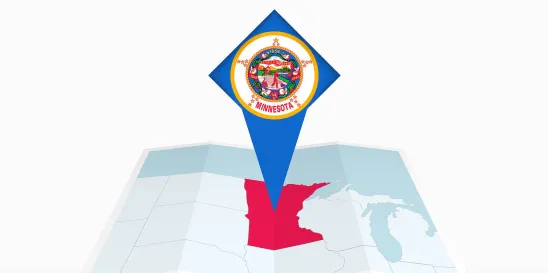Taxpayers and practitioners are often stymied by the lack of clarity or other information provided by state departments of revenue on tax issues. While the limited information can be understandable when a department does not want to be shoehorned into a position, it does not lessen the frustration. That same frustration was highlighted by the Minnesota Supreme Court in a recent decision.
In Cities Management, Inc. v. Commissioner of Revenue, the taxpayer was challenging the Commissioner’s treatment of goodwill as apportionable income. Docket No. A23-0222 (Minn. Nov. 22, 2023). The taxpayer relied on a prior Minnesota Tax Court decision that held the sale of goodwill is nonbusiness income. See Nadler v. Comm’r of Revenue, No. 7736 R (Minn. Tax Ct. 2006). The Commissioner did not appeal the Nadler decision. Nevertheless, the Commissioner’s internal policy was to not follow the Nadler decision. However, the Commissioner did not make that internal policy decision public until 2017—over 10 years after the decision in Nadler.
Egregiously, penalties were imposed on the taxpayer during the audit for following the Nadler decision. The Commissioner reversed those penalties on administrative appeal finding that there was reasonable cause for the taxpayer’s position.
One of the issues in the Cities case was whether the Commissioner was bound by prior Tax Court decisions that were not appealed. The Minnesota Supreme Court noted that it was “troubled by the Commissioner’s conduct” and that the Commissioner’s actions “do little to inspire the trust and confidence of taxpayers in Minnesota’s tax system.” Nevertheless, the Court declined in the Cities case to determine whether the Commissioner was bound by unappealed decisions.
While the majority did not rule on the issue, the dissent in Cities provided a very reasonable resolution. Specifically, the dissent proposed a rule that the Commissioner be “bound by tax court decisions that are not appealed unless the Department of Revenue provides public notice of its disagreement with the tax court opinion.” Such a level-headed approach would prevent taxpayers from being blindsided by hidden determinations of the Department.
Unfortunately for taxpayers, the majority’s admonishment of the Commissioner’s actions—while satisfying to read—does little to encourage the Department to be more forthright with their positions. Taxpayers should not be left to guess what the Department’s position is on an issue for which there is a court decision. Although this remains an open issue in Minnesota, hopefully other departments—or legislatures—will see the logic of the dissent’s proposed rule and implement it.



 />i
/>i

